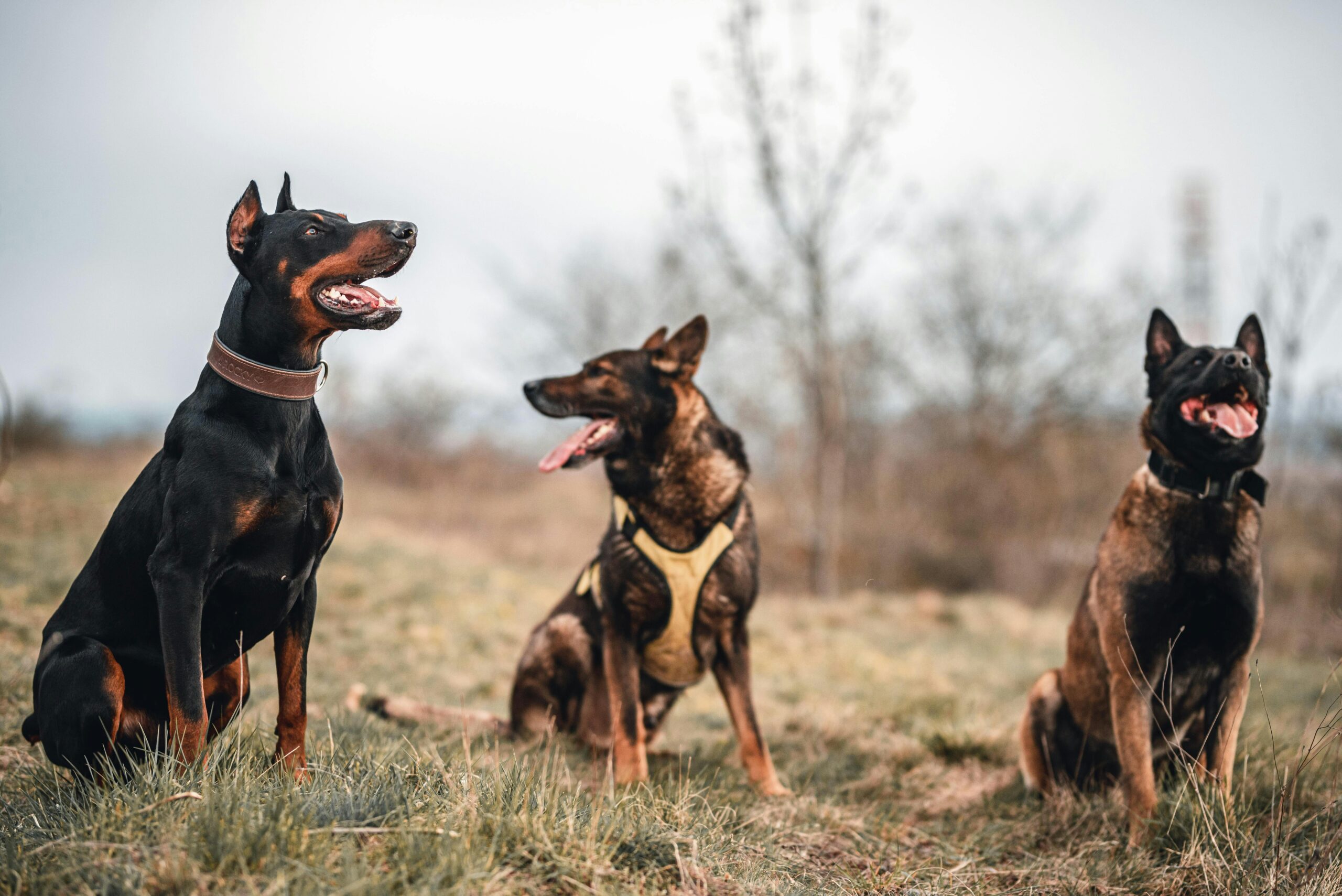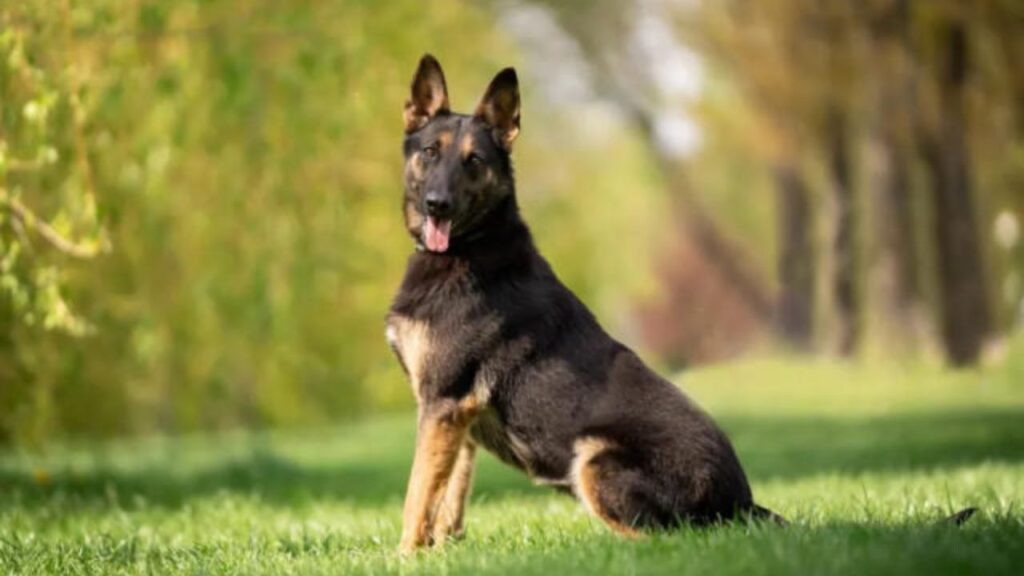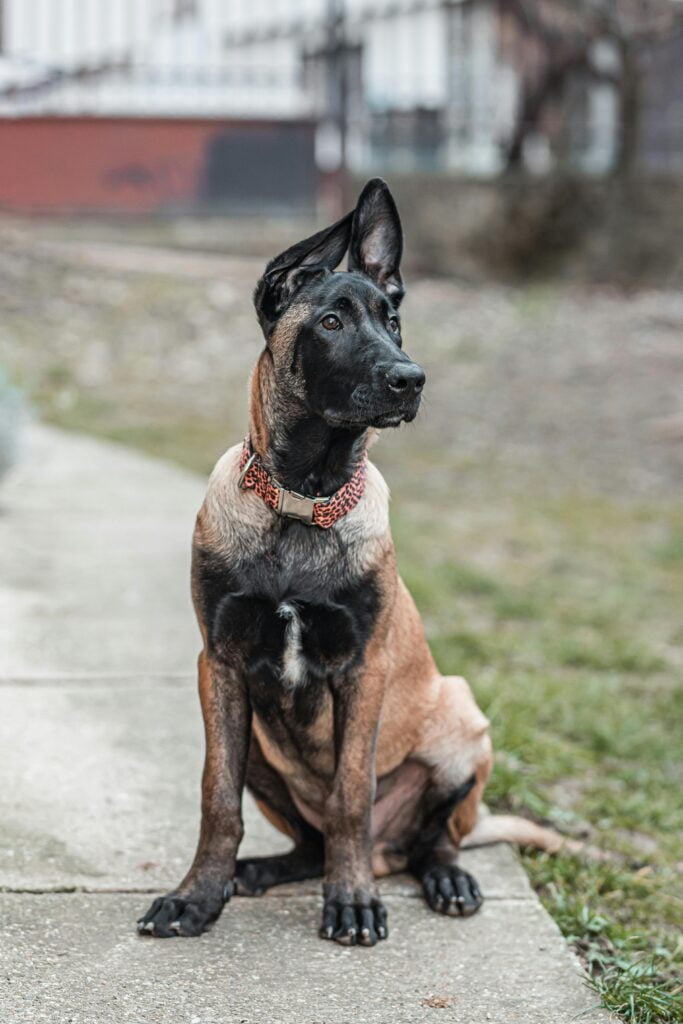Explore the unparalleled intelligence, versatility, and loyalty of Belgian Shepherds in this comprehensive guide. Uncover breed-specific traits, health considerations, and training tips to make an informed decision about welcoming these remarkable companions into your life.

Belgian Shepherds, also known as Belgian Sheepdogs, are a group of versatile and intelligent dog breeds originating from Belgium. With their striking appearance and exceptional working abilities, Belgian Shepherds have gained popularity worldwide. In this comprehensive guide, we’ll explore everything you need to know about these remarkable canine companions.
1. Introduction to Belgian Shepherds
Belgian Shepherds are a group of four distinct breeds: the Malinois, Tervuren, Groenendael, and Laekenois. Each breed possesses its own unique traits and characteristics, but they all share a common ancestry and heritage.
| Topic | Description |
|---|---|
| Breeds | Malinois, Tervuren, Groenendael, Laekenois |
| Physical Characteristics | Medium-sized, muscular build, 22-26 inches tall, 40-75 pounds, various coat colors and textures |
| Temperament | Intelligent, trainable, loyal, protective, energetic |
| Working Roles | Police/military work, herding, search and rescue |
| Health | Prone to hip dysplasia, elbow dysplasia, progressive retinal atrophy |
| Famous Examples | Rin Tin Tin, Cairo (Osama bin Laden raid) |
| Suitability as Pets | Affectionate, loyal, require exercise and mental stimulation |
| Grooming Needs | Moderate grooming, regular brushing, occasional baths |
| Feeding Requirements | High-quality commercial dog food, portion control, fresh water |
| Exercise Needs | Active and energetic, require daily exercise and mental stimulation |
| Training and Socialization | Early training and socialization are crucial for well-behaved adults |
| Common Misconceptions | Misunderstood as too high-energy or intense, underestimated intelligence and training potential |
| Choosing the Right One | Research breed characteristics, talk to breeders and owners, spend time with Belgian Shepherds |
This table provides a concise overview of the main aspects of Belgian Shepherds, including their breeds, characteristics, temperament, health, suitability as pets, grooming needs, feeding requirements, exercise needs, training, common misconceptions, and how to choose the right one.
2. Different Breeds of Belgian Shepherds

The four recognized breeds of Belgian Shepherds have their own distinct qualities. The Malinois is known for its athleticism and versatility, often serving as police and military working dogs. The Tervuren is prized for its elegant appearance and keen intelligence, excelling in various dog sports and activities. The Groenendael, with its long, flowing coat, is renowned for its beauty and grace, while the Laekenois boasts a wiry, tousled coat and a lively personality.
3. Physical Characteristics
Belgian Shepherds are medium-sized dogs with well-proportioned bodies and muscular builds. They typically stand between 22 to 26 inches tall at the shoulder and weigh between 40 to 75 pounds, depending on the breed. Their coats come in a range of colors, including fawn, mahogany, black, and gray, with varying degrees of black overlay and tan markings.
4. Temperament and Personality Traits
One of the most notable characteristics of Belgian Shepherds is their intelligence and trainability. They are quick learners and thrive on mental stimulation and challenges. With proper training and socialization, they can excel in obedience, agility, herding, and other canine sports. Belgian Shepherds are also known for their loyalty and protective instincts, making them excellent guardians and companions.
5. Suitability as Working Dogs
Belgian Shepherds are highly versatile working dogs capable of excelling in a wide range of roles. From herding livestock to performing search and rescue missions, these dogs thrive in jobs that require intelligence, athleticism, and drive. However, it’s important to note that their high energy levels and need for mental stimulation mean they are not suitable for every owner.
6. Health Considerations

Like all breeds, Belgian Shepherds are prone to certain health issues, including hip dysplasia, elbow dysplasia, and progressive retinal atrophy. Responsible breeders conduct health screenings to minimize the risk of hereditary conditions, but prospective owners should be aware of potential health concerns and be prepared to provide proper care and veterinary attention as needed.
7. Famous Belgian Shepherds
Throughout history and popular culture, Belgian Shepherds have made their mark as loyal companions and working dogs. From Rin Tin Tin, the famous Hollywood canine star, to Cairo, the Belgian Malinois who assisted in the raid that led to the death of Osama bin Laden, these dogs have demonstrated their exceptional abilities time and again.
8. Belgian Shepherds as Family Pets
While Belgian Shepherds are undoubtedly skilled working dogs, they also make wonderful family pets for the right household. They are affectionate, loyal, and protective, forming strong bonds with their owners and becoming devoted members of the family. However, their high energy levels and need for mental stimulation mean they require plenty of exercise and attention to thrive in a domestic setting.
9. Training and Socialization
Early training and socialization are crucial for Belgian Shepherds to develop into well-behaved and balanced adults. Positive reinforcement techniques work best with these intelligent and sensitive dogs, and consistency is key to achieving desired results. Exposing them to various people, animals, and environments from a young age helps prevent behavioral issues and ensures they grow into confident and well-adjusted companions.
10. Grooming Needs
Belgian Shepherds have moderate grooming needs, but their double coats require regular maintenance to keep them looking their best. Weekly brushing helps remove loose hair and prevents matting, while occasional baths help keep their coats clean and healthy. Additionally, regular nail trimming, ear cleaning, and dental care are essential parts of their grooming routine.
11. Feeding Requirements
A balanced diet is essential for the health and well-being of Belgian Shepherds. High-quality commercial dog food formulated for their size, age, and activity level is recommended, supplemented with fresh fruits, vegetables, and occasional treats. Portion control is important to prevent obesity, and access to fresh water should always be available.
12. Exercise and Activity Levels
Belgian Shepherds are active and energetic dogs that require plenty of exercise and mental stimulation to prevent boredom and behavioral problems. Daily walks, play sessions, and interactive games help satisfy their physical and mental needs, and participation in canine sports such as agility, obedience, and herding provides additional outlets for their energy and drive.
13. Common Misconceptions
Despite their many positive qualities, Belgian Shepherds are often misunderstood by those unfamiliar with the breed. Some people mistakenly believe they are too high-energy or intense for the average pet owner, while others may underestimate their intelligence and training potential. By dispelling these misconceptions, we can help more people appreciate the unique qualities of Belgian Shepherds.
14. Choosing the Right Belgian Shepherd

Before bringing a Belgian Shepherd into your life, it’s important to carefully consider whether the breed is the right fit for your lifestyle, personality, and living situation. Researching breed characteristics, talking to breeders and owners, and spending time with Belgian Shepherds can help you make an informed decision. Whether you’re looking for a loyal companion, a dedicated working partner, or a versatile athlete, there’s a Belgian Shepherd for you.
15. Conclusion
In conclusion, Belgian Shepherds are remarkable dogs with a rich history and a bright future. Whether they’re herding sheep on a farm, competing in agility trials, or simply lounging on the couch with their families, these versatile and intelligent dogs bring joy, companionship, and a sense of purpose to the lives of those fortunate enough to have them.
FAQs About Belgian Shepherds
Are Belgian Shepherds good with children?
Yes, Belgian Shepherds can be excellent companions for children, but proper supervision and training are essential to ensure positive interactions.
Do Belgian Shepherds shed a lot?
Yes, Belgian Shepherds have double coats that shed seasonally, so regular grooming is necessary to manage their shedding.
Are Belgian Shepherds aggressive?
Belgian Shepherds can be protective of their families and territory, but they are not inherently aggressive. Early socialization and training are key to preventing aggressive behavior.
How much exercise do Belgian Shepherds need?
Belgian Shepherds are highly active dogs that require at least an hour of exercise each day, along with plenty of mental stimulation to keep them happy and healthy.
Are Belgian Shepherds easy to train?
Yes, Belgian Shepherds are intelligent and eager to please, making them relatively easy to train with positive reinforcement techniques and consistent guidance.
If you’re considering adding a Belgian Shepherd to your family, be sure to research the breed thoroughly and consult with experienced breeders or rescue organizations to find the perfect match for you.
Disclaimer
This article is accurate and true to the best of the author’s knowledge. It is not meant to substitute for diagnosis, prognosis, treatment, prescription, or formal and individualized advice from a veterinary medical professional. Animals exhibiting signs and symptoms of distress should be seen by a veterinarian immediately.
Thank you for visiting Loving Pet Parents! We’re passionate about providing helpful information and resources to pet owners. If you’ve enjoyed reading our articles, we invite you to explore more of our content on our website. You’ll find a wealth of information on pet care, behavior, nutrition, and much more. Plus, we’re always adding new articles and resources to help you give your furry friend the best possible care. So why not bookmark our website and check back regularly for new content? We appreciate your support and look forward to sharing more valuable insights with you!





